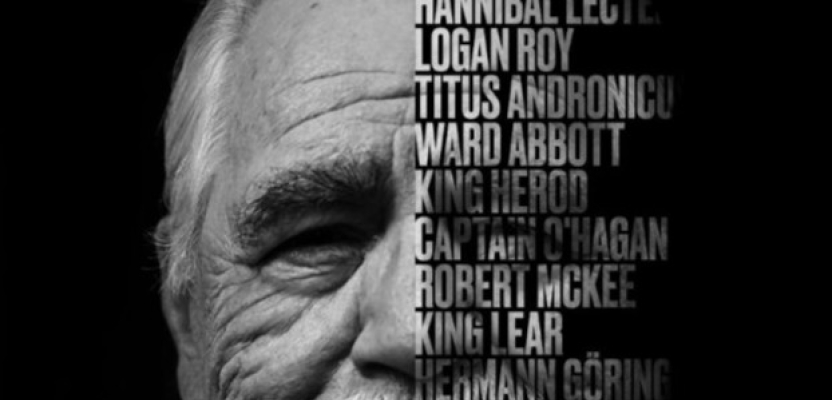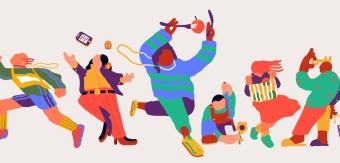How did you get into the industry?
I never planned to go into copywriting, but I did a few internships in the writing and creative space through university, then after I graduated with a degree in English, I was a bit unsure of what was next.
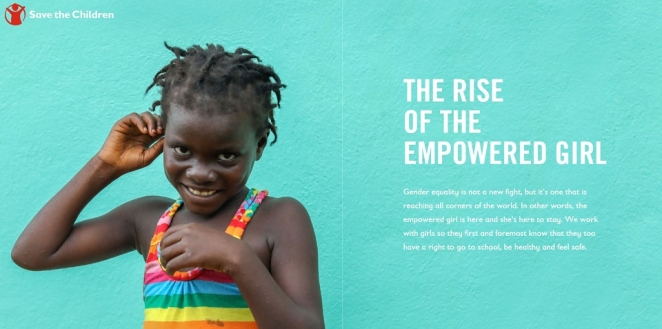
Finding myself at a loss in the Great Abyss of the job hunt, I created my own website where I did an interview series ‘grilling’ fellow graduates and openly wrote about job hunting and anything else that took my interest. Film reviews as haiku, the graduate job hunt as narrated by David Attenborough, alternative ideas for Black Mirror episodes. The site got me noticed by a recruiter looking for a junior copywriter and the rest is history.
Where are you based now and who do you work for?
I’m based in London and have just this week actually wrapped up a lovely long contract at BBC Maestro. I’m taking a bit of time to figure out what’s next and to freelance, before I find my next permanent role. So right now, I suppose I work for myself! I’m always keen to hear about new opportunities though so if anyone reading this might want to work together, get in touch.
If you weren’t in your current industry, what would you be doing?
Somewhat boringly, I would probably still be writing in some other capacity. Though if in some weird alternative universe writing was banned, I would say something to do with acting or music or filmmaking. Creative for sure. Or something the exact opposite just to spice things up.
Can you explain your creative process? What makes it unique?
It varies from project to project. For example, if I’m creating a tone of voice, I often find it valuable to personify that voice and create a lifelike persona for it, perhaps even mirroring the voice of a celebrity. But more generally speaking, it starts with sponge mode. I learn as much as I can in the time I have about whatever topic or project I’m on, speak to the right people, listen avidly, read, and keep detailed notes.
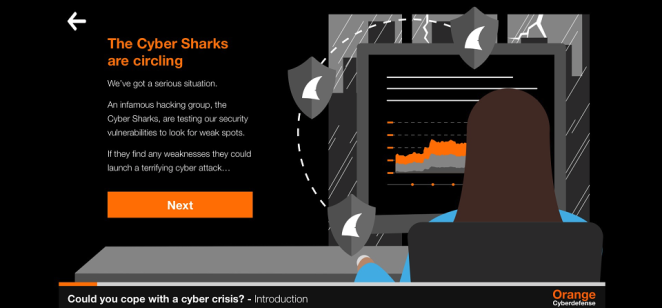
I want to capture everything at this stage, but more than that I want to get a feel for it and actually ‘get’ what I’m doing and why. Arguably this is the hardest part of the job: reading between the lines. Then, regardless of how strong a brief may or may not be, or even if there’s no brief at all, I like to rebrief myself in as small a format as possible, ideally in a sentence or two, and keep that as my unwavering guide.
I then go into a splurge stage, where it’s about throwing down as much as I like onto paper, be it random lines, useful references or research, big or even stupid ideas (the weirder and bigger the better). There needs to be a no-rules time when it comes to copywriting, and this is it. I’ll typically have a giant ugly word doc throughout all this, but at this stage I’ll regularly also have a notebook on the go, some paper and pens, post-its. Whatever works to purge the demons.
Once everything is purged and splurged, I pull out what I can, join the dots, and ultimately try and formulate something into a neat version one, even if it’s decidedly rough. And then it’s just refine, refine, refine. Take a decent break if possible, read things aloud, focus on something else, panic a bit, come back to reality, refine some more, and then I’m done. Until any feedback comes in, that is…
How would you describe your style?
I would say my style is undeniably playful, regardless of whether the subject is light or serious. Playful doesn’t mean silly. To me it means twisting and shifting and adding something a little unexpected to what you’re doing, giving things life and energy. As a kid I never wanted eggs and soldiers, I wanted eggs and traffic wardens, eggs and Maths teachers, eggs and librarians. Slightly left-field, human, and playful: that’s my style.
Which individuals do you gain inspiration from? Do you have any heroes in the industry?
This changes and refreshes regularly, but right now I’m very much into the world of game design and losing track of time in books. I’m particularly enjoying the work of the husband and wife game design team Inka and Markus Brand, the game designer Elizabeth Hargrave, the graphic design legend Paula Scher, and the visual data artist Mona Chalabi.
Authors that have captured me in recent months are Bella Mackie, R. F. Kuang, Dolly Alderton, Jonathan Franzen, and Iris Murdoch. And it’s not technically an individual but a magazine that endlessly inspires me is the Fortean Times. If you’ve not read an issue, you’re genuinely missing out.
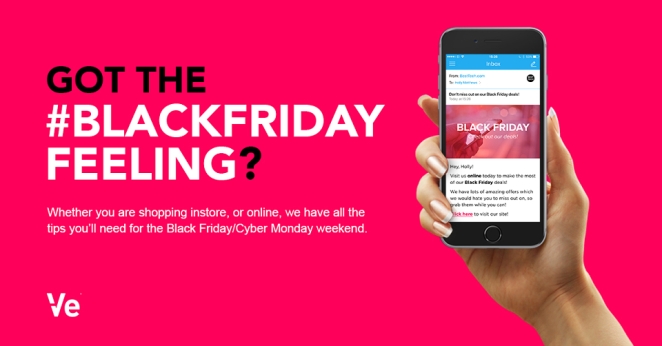
In terms of industry heroes, I like the infectious joy that Andrew Boulton has for copywriting, the mind-blowing stop-motion animation of Kevin Parry, and will always enjoy Rob Mayhew’s painfully relatable agency sketches.
What tips would you give to aspiring creatives looking for work?
I’d say don’t be afraid of creating spec work, even later in your career if necessary. If there’s a type of work you want to create or a brand you want to work for, some relevant spec work in your portfolio can show that intent and at least be a discussion point in an interview.
What tips would you give to other professionals to get more clients?
It’s not ground-breaking, but word of mouth is one of the most powerful ways to get more work and clients in my opinion. Ask for recommendations, say you’re available, ask around generally, and keep in contact with your network. Find ways to keep you as a person, and to a lesser extent, your brand, in the conversation.
What kind of tools/kit/software could you not do without?
Well there’s this little app called Microsoft Word that I couldn’t live without. Plus Google Keep, Evernote, and a very organised set of Chrome bookmarks. I’m sure there are much cooler copywriter answers to this question but I’m a bit of a minimalist by nature so while I dip into Figma or Miro when the need or mood arises, I like to keep things low key.
What’s your secret to staying inspired and motivated?
Consuming as widely and weirdly as possible. As a junior I believed that if I hadn’t read all the great copywriting and creative books then I was a fraud. Now I know how ridiculous that thought is. It’s all about that compelling audiobook, that lunch walk following a new route, that exhibition your friend dragged you to, that intimidating recipe, that ridiculous concept tv show.
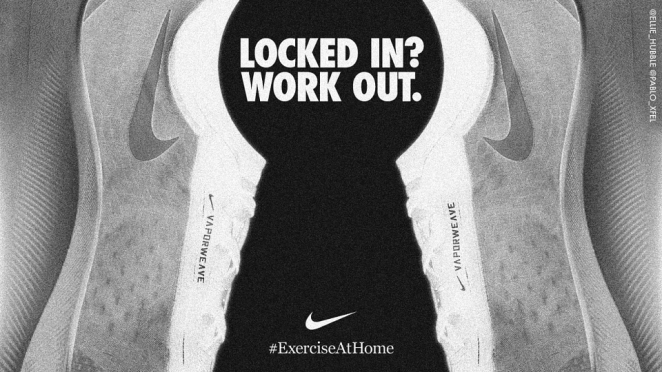
Consuming, with a bit of awareness when possible, is priceless. And on the motivation side of things, often I like to remember just how fortunate I am to get paid to play with words for a living. It might not always be the perfect career, but in my book that’s pretty cool.
What’s the work achievement you’re most proud of?
I’ll always be proud of coming up with the concept of ‘The Smaller Picture’ for Save the Children. Alongside my team, we were originally tasked with creating a humble annual report.
But this grew and evolved from a piece of collateral into a full-blown campaign where I helped shine a spotlight on powerful, individual children’s stories, stopping them from becoming another number. I’ve written a bit more about it in my Creativepool portfolio.
What is the one thing that you would change about the industry?
I wish it were easier for the best copywriters to be seen, rather than simply the loudest or the shiniest. When it comes to portfolios for example, people often want awards, big brand names, and ATL snazziness.
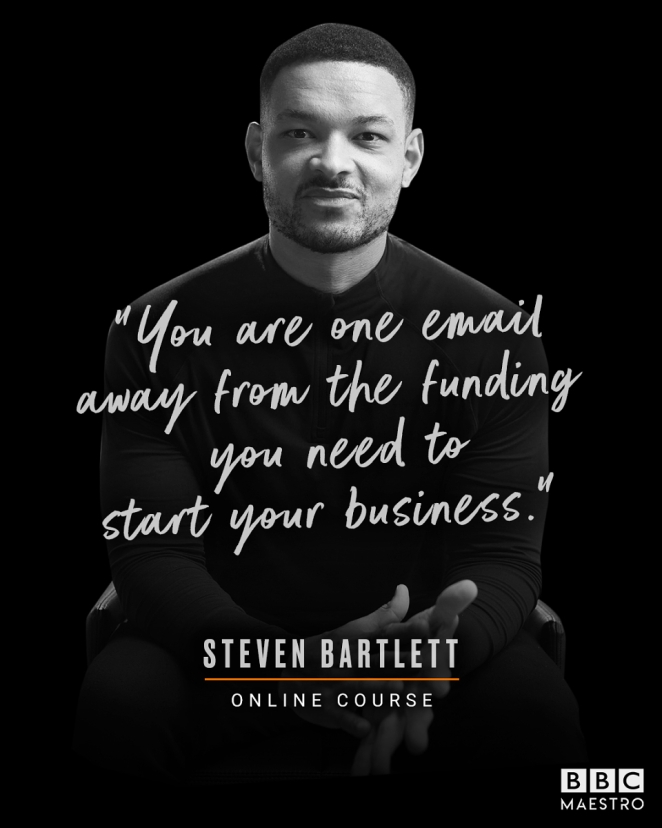
But sometimes it’s the ugly word doc brand positioning statement or the incredible B2B tagline or internal comms campaign that deserve a bit of love. Some of the best copywriters I know would do brilliantly in a role but don’t necessarily have the bells and whistles portfolio to get them in the room.
Any websites, books or resources you would recommend?
Creativepool (of course!), Creative Mischief by Dave Trott, Change by Design by Tim Brown, Miro for remote workshops, all the public data on YouGov, and Designspiration, off the top of my head. And as a final recommendation, ‘Who’s Your Momma?’, a terribly named but absolutely invaluable and free (!) mentoring programme.
